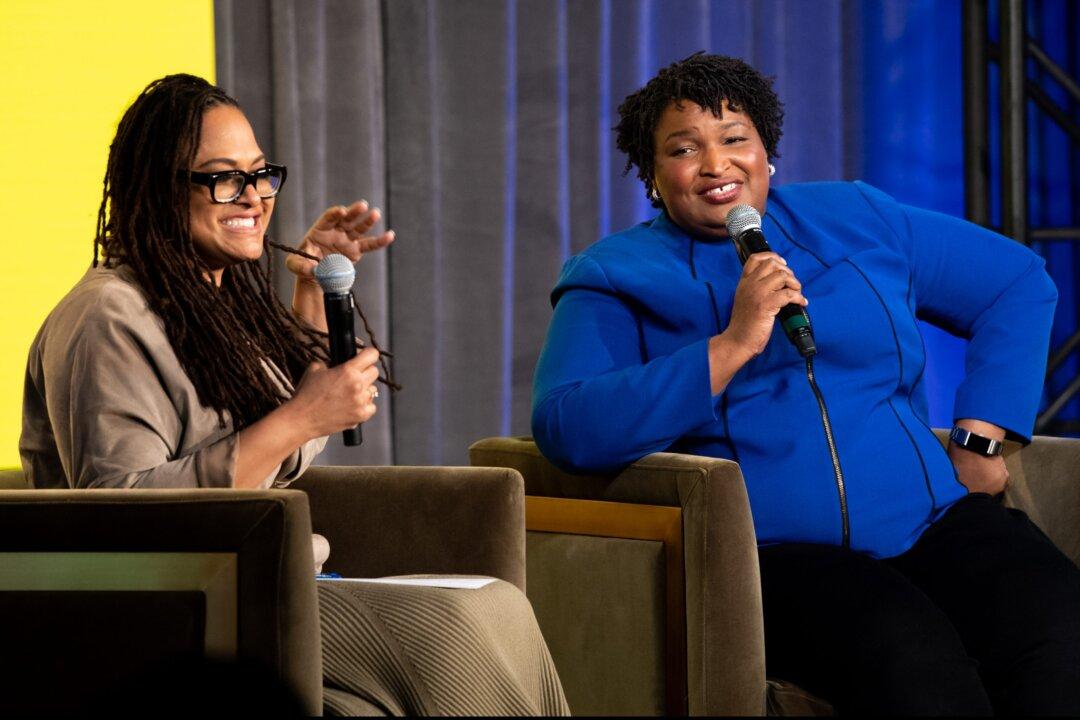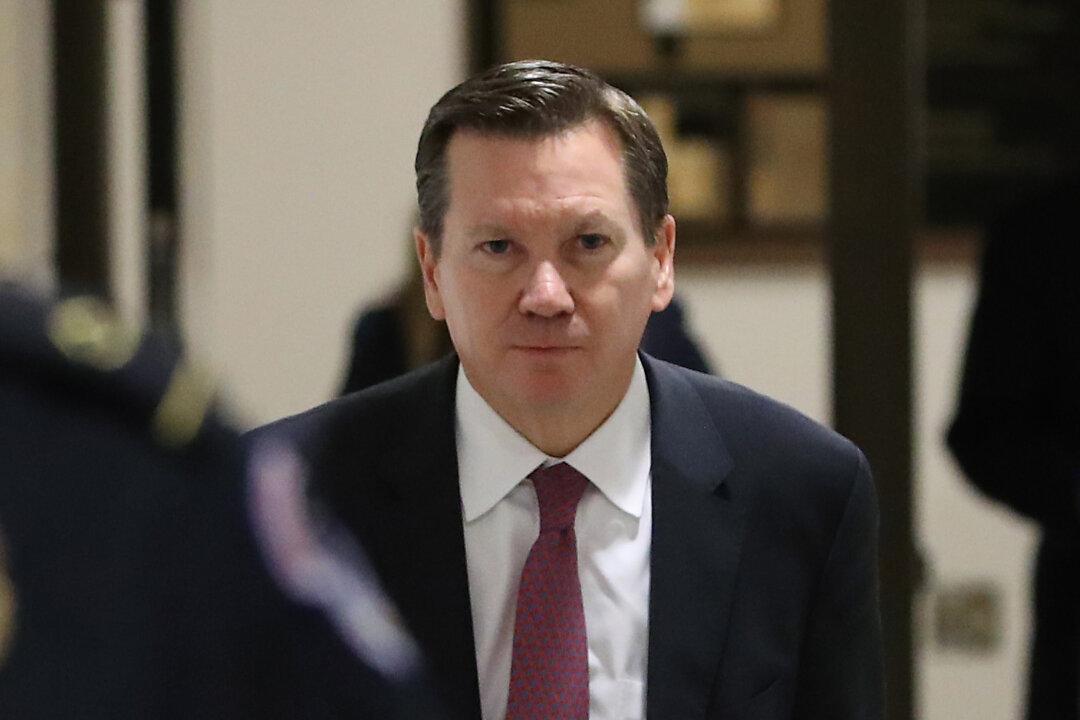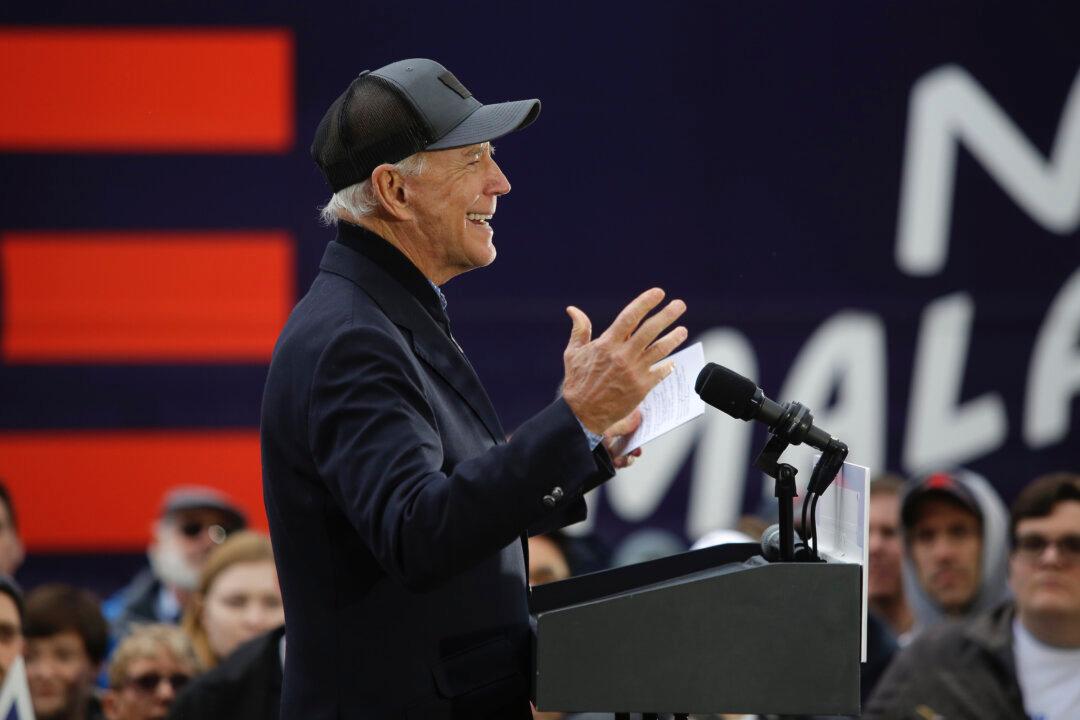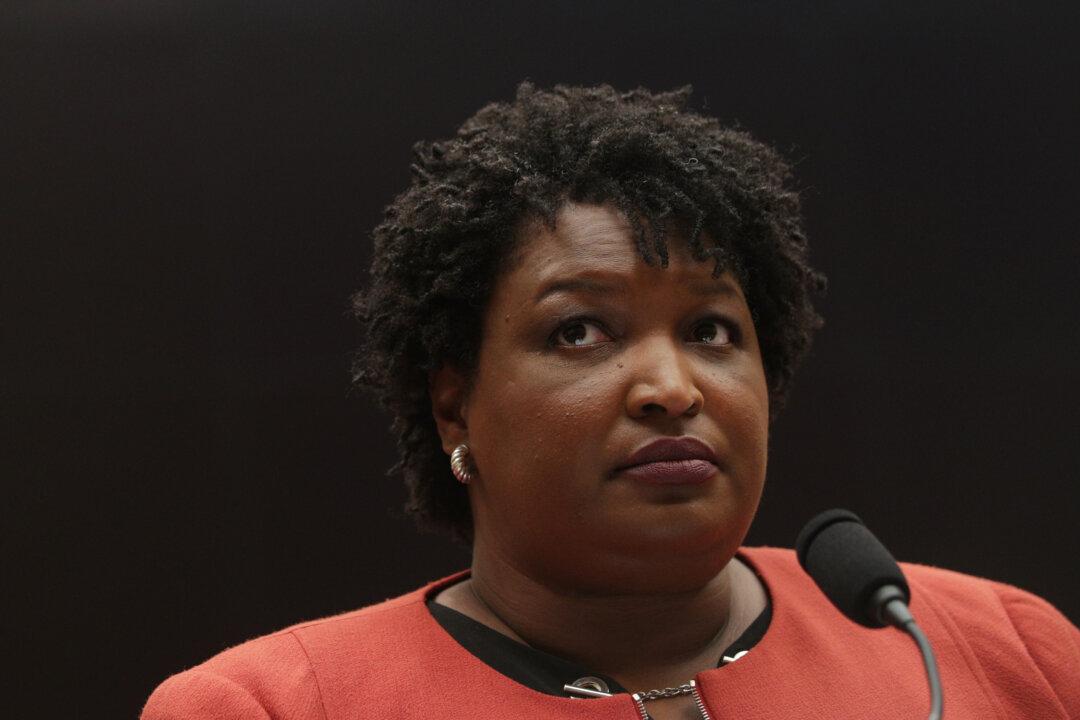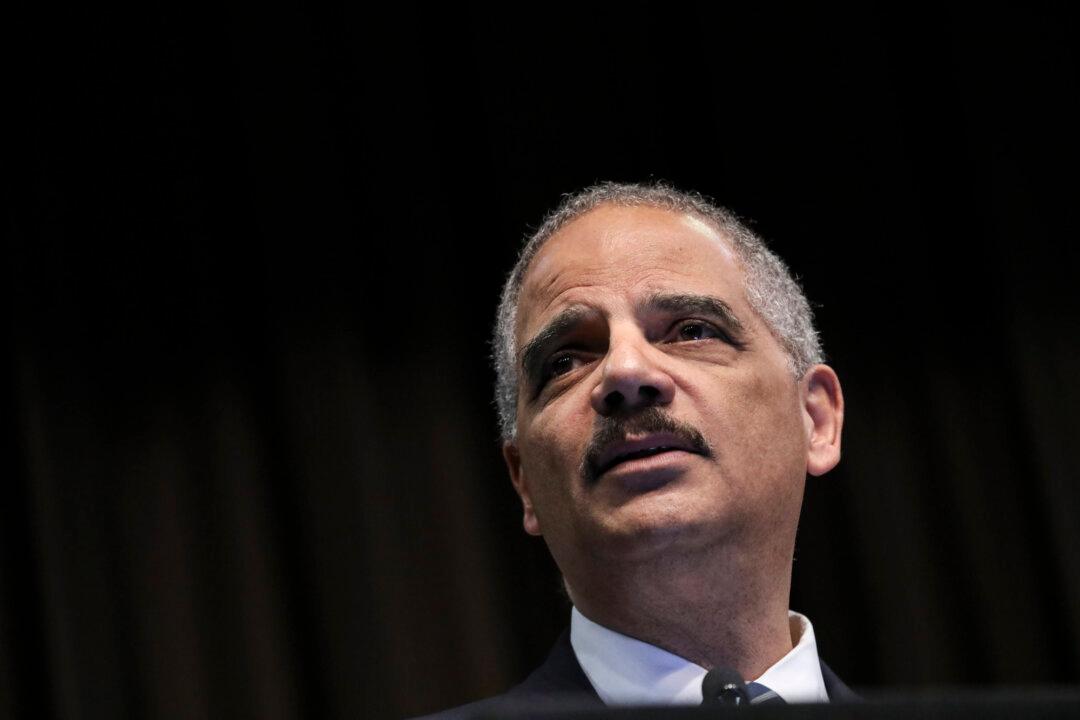Stacey Abrams may have lost the 2018 election for governor of Georgia but the former Democratic state lawmaker is eyeing higher elected offices, including a U.S. Senate seat in 2020.
In a Jan. 26 MSNBC interview with activist Al Sharpton, Abrams said she hasn’t decided which office she’ll pursue next, but to expect an announcement by March 31.
